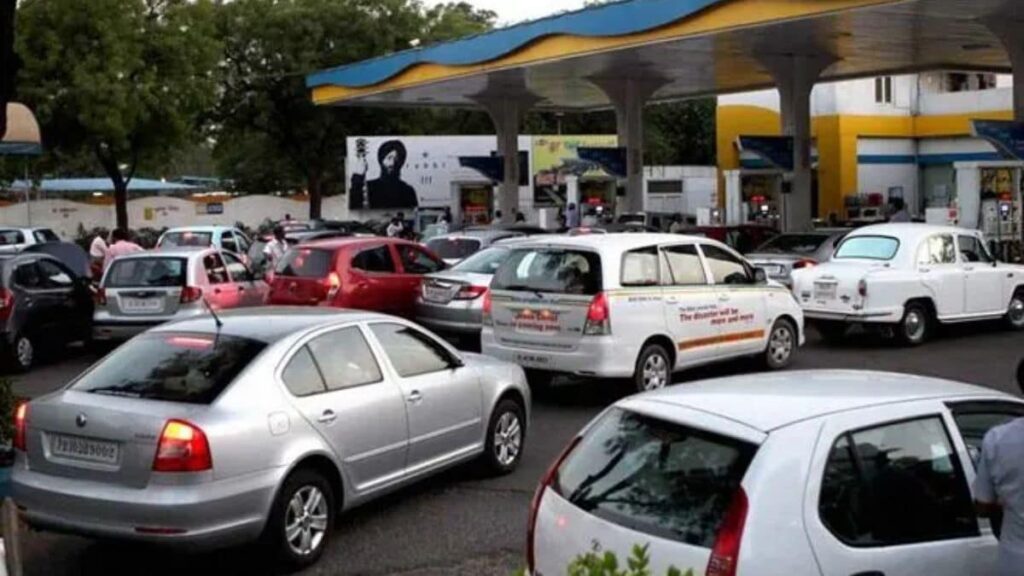Kerala High Court Says Petrol Pump Toilets Are for Customers, Not the General Public

Kerala High Court Says Petrol Pump Toilets Are for Customers, Not the General Public
In a significant interim ruling, the Kerala High Court has clarified that toilets located within petrol pump premises are meant exclusively for customers and not for unrestricted public use. The decision came as a relief to a group of petrol pump owners and members of a petroleum dealers’ association, who approached the court after facing pressure from local authorities to keep their private toilets open to the general public.
The dispute arose when municipal officials, particularly in Thiruvananthapuram, began labeling these privately owned toilets as “public facilities.” According to the petitioners, officials even went as far as pasting posters with feedback QR codes on these restrooms, misleading the public into believing they were free-to-use public toilets. This move led to a sharp increase in usage by non-customers, including large tourist groups and bus passengers, causing operational difficulties and frequent commotion at the pump sites.
Justice C.S. Dias, who presided over the matter, issued interim directions instructing both the state government and the Thiruvananthapuram Municipal Corporation not to compel fuel stations to open their toilets to the general population. The court emphasized that these facilities are built and maintained by pump owners specifically for the convenience of their customers, particularly during emergencies, and cannot be reclassified arbitrarily as public infrastructure.
The pump owners further argued that the influx of unrelated individuals into these premises poses safety and security concerns, especially considering that petrol pumps are classified as sensitive zones under the Petroleum and Explosives Safety Organization (PESO) guidelines. As per PESO’s 2018 rules, such toilets are to be accessed by customers only under exceptional circumstances, not as a public amenity.
The confusion created by local authorities’ actions has, according to the petitioners, put both the functionality and safety of petrol pumps at risk. The court has acknowledged these concerns and granted relief to the pump operators while the matter remains under judicial consideration. The case is scheduled for the next hearing on July 17.












